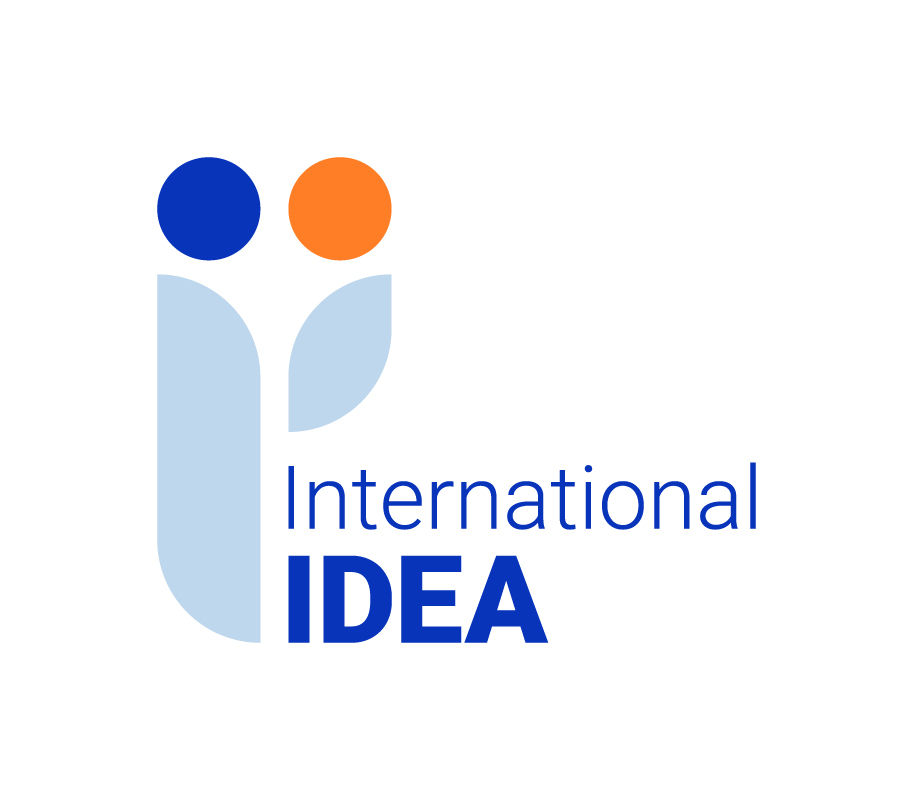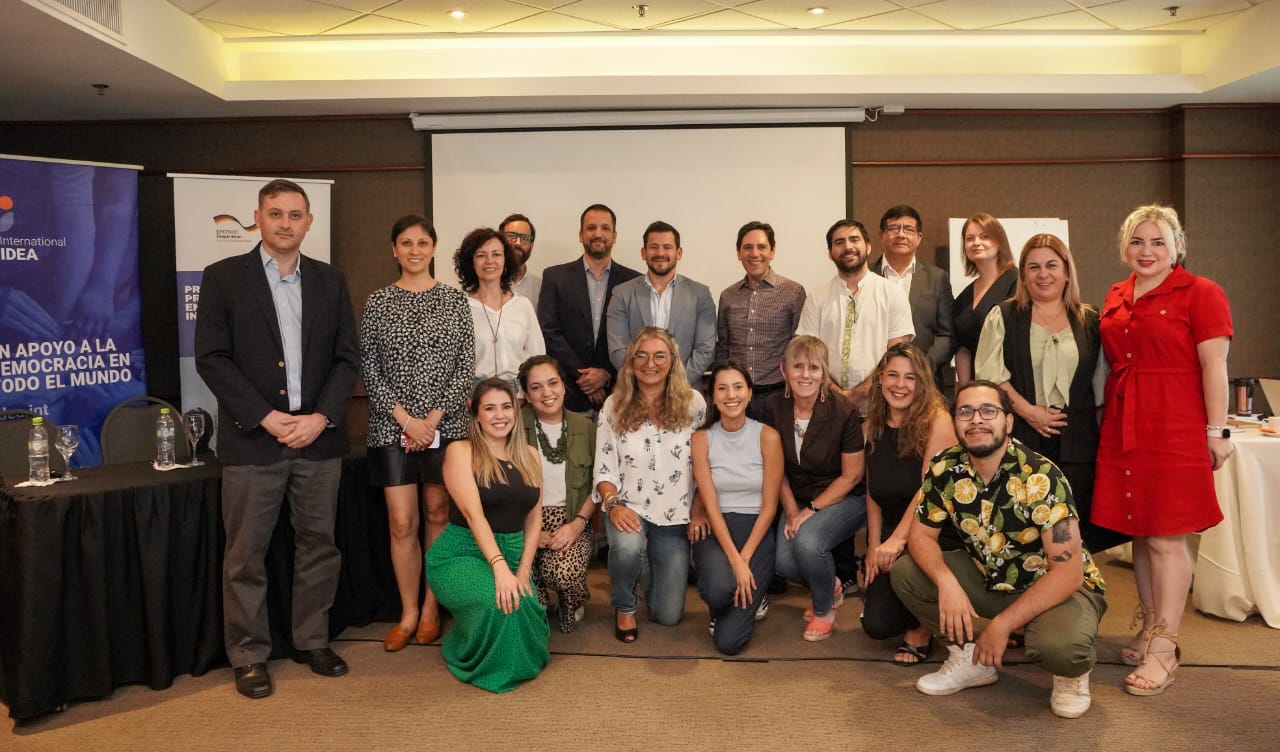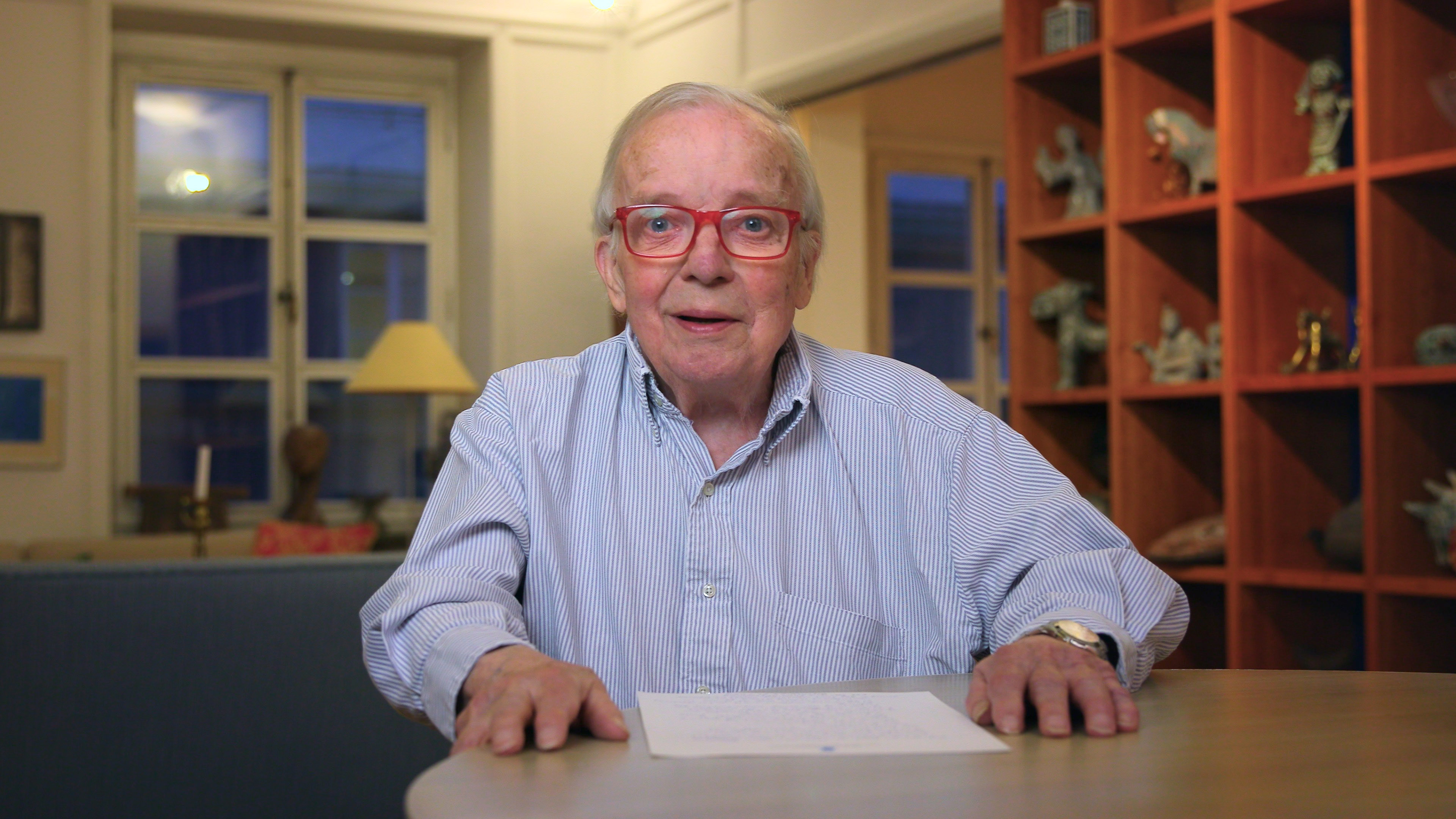Making #technology work for #democracy – what gives?

Disclaimer: Views expressed in this commentary are those of the staff member. This commentary is independent of specific national or political interests. Views expressed do not necessarily represent the institutional position of International IDEA, its Board of Advisers or its Council of Member States.
Advances in technology, particularly information communications technologies (ICTs), have arguably helped to improve the way we do things, if not revolutionised our lives. Increasingly, our computers, tablets, smartphones and other similar gadgets have become indispensable in our day-to-day routines.
ICTs allow access to networked and comprehensive information, and the capability to process and compute this information in contexts that are relevant to our day-to-day chores, habits and even basic needs. We can look up apartments available on the market; what clothes are in fashion and on sale; how much is the ideal budget for a family of four; and where can you buy a reasonably priced meal.
At the same time, ICTs brings with them a corresponding set of challenges and vulnerabilities. Tech can be buggy and cannot address all our needs without further enhancement or (re)development, thus, not fulfilling what they ought to do. The networked information that we access can be hacked and used for manipulation or other illegal means without the appropriate cybersecurity measures in place. While they do have their uses, they should be handled with prudence.
It is these same advantages and disadvantages that ICTs bring to democracy, making it easy for citizens and the electorate at large to connect with their candidates and politicians in deciding the direction of the country. These days, with a push of a button, it is entirely possible for you, me or any citizen to access online the profiles of candidates for an election. You can interact with your candidate of choice through your mobile phone via SMS or through social media channels like Twitter. It is also possible to vote for them electronically. In the same manner, it is entirely possible for politicians to be in touch with their constituency through email or even an application on a smart phone. It is even possible for the politician to give a blow-by-blow account how her day was in parliament and how she lobbied for the rights of minorities in her district.
On the other hand, technology used in a democracy can be abused. Private information and even election results can be hacked to unduly influence electoral outcomes. Voting machines can facilitate voting, as well as canvassing but security measures have to be put in place to safeguard their integrity. If this is not ensured, rather than easing the disconnect between citizens and politicians and ultimately building confidence in a functioning democracy, ICTs can be used to foment doubt and mistrust in democratic institutions and processes.
International IDEA is well aware of what ICTs bring and the risks that accompany them. A personal account of these views is given by the Secretary-General of International IDEA in his interview, where he also talks about the programming priorities of International IDEA in this field.
In this 2017 third quarter newsletter of International IDEA, we present articles that look at how technology can help democracies function better and, at the same time, highlight challenges that could arise. In Election technology: precondition for transparent elections or pretext for questioning electoral integrity?, we look closely at the use of ICTs in elections and the prospects for their use in the future, including what safeguards should be in place. We look deeper into this issue in the case of Europe (In Europe’s upcoming elections, cyber security is the show to watch) and in the case of Africa, particularly Kenya (Kenya: the potential and limitations of electoral technology). While it can be said that the two continents are at different stage of democratic transition and consolidation, there are common technology challenges that have similar fundamental solutions, particularly that of trust in the integrity of the ICT systems themselves.
In embracing the potentials of ICTs, International IDEA has built three systems to allow for better oversight of electoral and democratic practices. In The role of digital technologies in identifying and avoiding risks, we stress the importance of risk management in the conduct of elections and put forward how International IDEA’s Electoral Risk Management Tool help Elections Management Bodies mitigate violence in elections. In Fighting political corruption and organised crime with early warning and graphic information systems, we present how Geographic Information System (GIS) technology can be used to map out threats of political corruption and thereby, facilitate the identification of measures to mitigate them. Finally, in How technology can make party and candidate financial data more transparent, we present the use of an integrated online and disclosure system to oversee the use of money in politics. Democracies can use these tools, which are public goods, to rectify or improve their policies. As to whether they will be effective, depends on the context, as well as the implementation.
As we incorporate ICTs in our lives more and more – some faster than others – we become more aware of the safeguards that we need to put in place to make them work for us. All of these risks may make us think twice before utilising them. One thing for sure though, technology is here to stay and it is advancing rapidly. It is no longer just a matter of joining the bandwagon, it is a reality that we are confronted with. The challenge therefore is for democracies to make technology work for them, depending on their respective contexts and needs, and with the appropriate safeguards and security measures.



